
views
London: Literature based on India has been creating a buzz because of its sheer diversity and vitality. There is a distinct interest amongst the western audience to read books and novels based on India, regardless of the author being an Indian or not. This largely reflects the truth that the books set in the backdrop of India offer a variety and myriad flavours which makes it an amazing read.
While the world is interested in reading more and more about India, not many of the literary works have been reaching out to the masses. Noted Indian author Neel Mukherjee, known for several books including ‘The Lives of Others’ which was shortlisted for the Man Booker Prize, believes that while the readers across the world are intrigued to read about India, Indians are largely attracted to read pulp.
At a discussion on the topic ‘Why Do We Like Reading about India so much?’ at the Windsor Festival held at the Windsor Guildhall, renowned English author Lee Langley, Neel Mukherjee and Dr Alastair Niven, fellow of Harris Manchester College and Lieutenant of the Royal Victorian Order highlighted the curiosity that surrounds the Indian narratives. Highlighting the Indian mentality of largely applauding the prize winning work, Neel pointed that most Indian readers are driven by books and novels that are shortlisted at the Man Booker Prize.
“Stories from India vividly describe the Indian society which is divided into class boundaries such as the Maharajas, the prince riding on the elephants, crime, graphic description of poverty and increasing violence. The vitality and the diversity in Indian literature described different strata of society, which makes it fascinating,” said Lee Langley, author of ‘Changes in Address’ and ‘A House in Pondicherry’. Kolkata-born British writer Lee has been intrigued about India and her writing unleashes several references and anecdotes of her childhood spent in India.
“British readers who spent some time in India during the British colonial era and several Indians settled in the UK connect with the Indian literature. Ironically, most of the (global) readers never get to read the literary work in regional Indian languages. That’s largely because of most of the regional literature never gets translated in English,” said Lee.
Neel Mukherjee pointed at the growing shift towards the pulp literature. “Authors like Chetan Bhagat, Amish Tripathi, Durjoy Datta and the likes have created their own English language. Their books caters to a larger demographic. A large number of young readers are the biggest consumers of these books in India, just as in the west one would find more readers of ‘Fifty Shades of Grey’ or novels by Italian author Elena Ferrante,” said Neel.













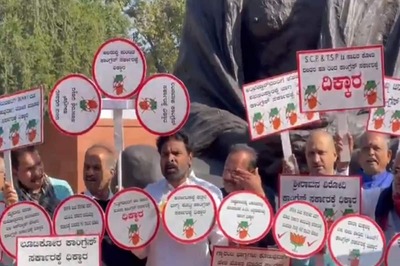
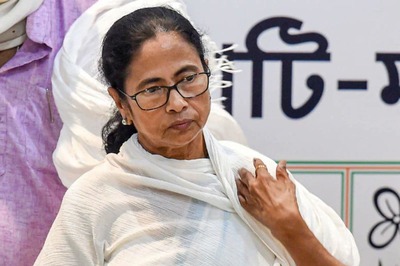

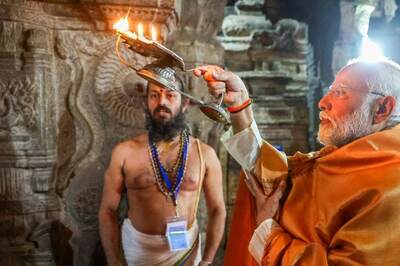
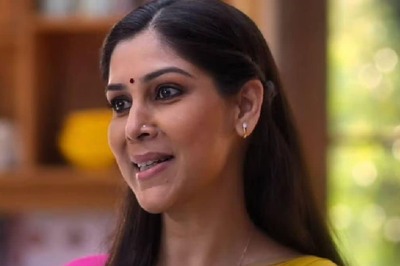

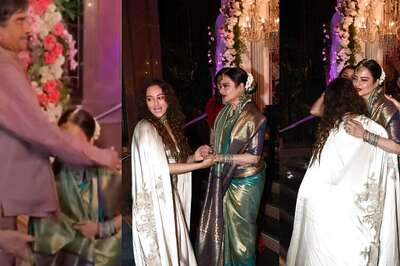
Comments
0 comment